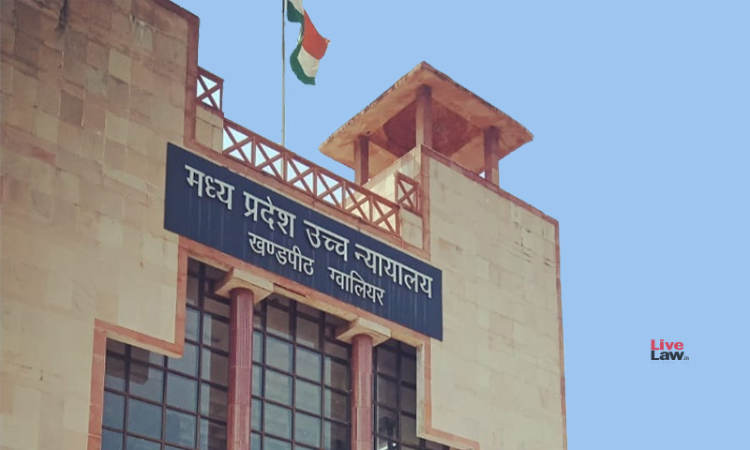The Madhya Pradesh High Court at Gwalior quashing a rape case observed that a mere breach of promise to marry cannot be said to be a false promise to marry. Justice Deepak Kumar Agarwal observed that only a false promise to marry made with the intention to deceive a woman would vitiate the woman's consent being obtained under the misconception of fact. On going through the law laid down...

